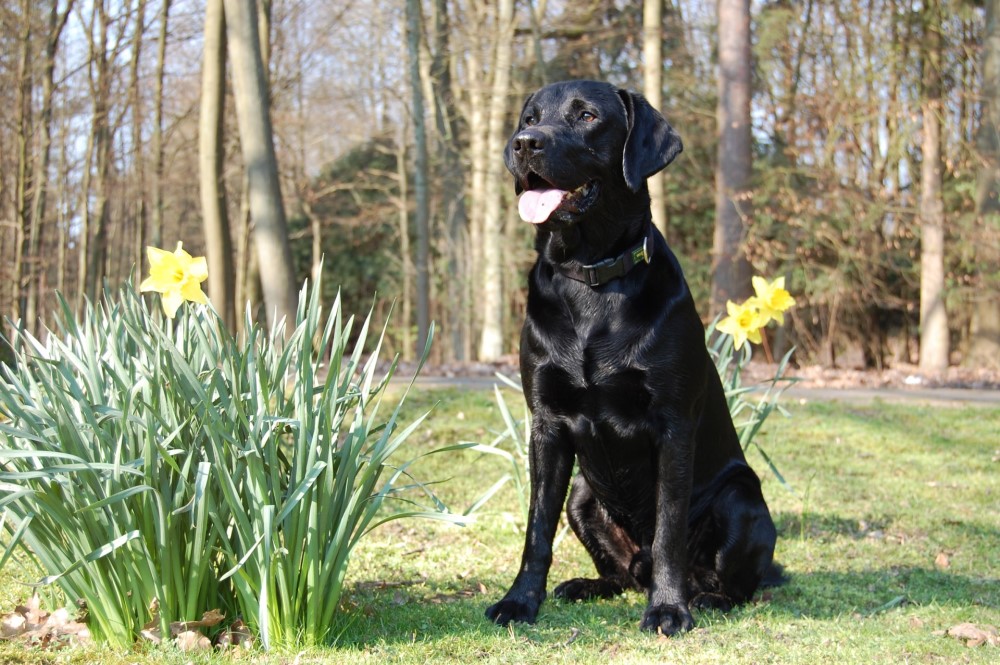
I debated for days about whether to feature this novel on the blog.
Usually, by the time I’m a quarter of the way through a book, I know whether I’m going to feature it or not. My requirements are (1) it must impart wisdom of some sort, and (2) I must deem it worthy of my enthusiastic recommendation to others.
(1) The Wisdom Requirement
The 2020 novel Death in Her Hands, by Ottessa Moshfegh, passes requirement (1) with flying colors.
To avoid a cliché and more accurately capture the mood of the book, I will amend that statement to this: The novel passes requirement (1) with flailing darkness.
Ah, that fits much better.
(2) The Enthusiastic Recommendation Requirement
It was requirement (2) that I seriously debated. I loved reading the book. It was a smooth, intriguing, and darkly philosophical read.
And, I confess, I have adored Moshfegh since I read her 2018 novel My Year of Rest and Relaxation. (I even, fan-girl style, named one of my chickens Ottessa!) I featured My Year of Rest and Relaxation on this blog without hesitation—it’s great. (Read my previews.)
But. While Death in Her Hands sets itself up as a murder mystery, it is anything but. I kept wanting it to be one. Failing that, I wanted it to be a literary psychological novel with a clear narrative arc, à la My Year of Rest and Relaxation.
But this is more of an experimental art piece than a clear-cut murder mystery or psychological novel. There was a disconnect between what I believed, and later fleetingly hoped, the genre of the book to be, and what the genre of the book turned out to be.
This made me hesitate. It produced in me confusion. And a feeling of confusion is the last thing you want to recommend to someone else.
And yet. I loved reading the book. It was a smooth, intriguing, and darkly philosophical read. It contained wisdom.
I was on the fence. I thought, why not jump over to the more daring side, and see what comes of it?
Advice to Readers
While reading this book, I had to throw assumptions out the window. I had to follow where the book took me. Those places were strange and dark. Stranger and darker, even, than the places of a typical murder mystery. I sought out patterns; but the patterns I expected were dashed, one after the next. Other, stranger patterns emerged. And many pieces never seemed to fit together. I had to resign myself to being okay with that.
Also. I strongly recommend avoiding the Amazon reviews of this book. People were offended, confused, and alarmed. And they didn’t hesitate to throw out spoilers, in their anguish and confusion—due to what I believe to be the misunderstandings of understandably confused readers.
So, yeah, it’s a dark and strange book. Tread carefully.
Hog-Wild
From the beginning of the novel, the protagonist’s mind runs hog-wild. At one point, she pulls herself back to reality, becoming mindful of the existence of her dearly beloved dog:
“Charlie licked my hand, interrupting my darkening reverie. Outside, the sun was shining. The garden called. . . . I put my sun hat on, knotting the nylon strings under my throat. Anyway, who was I to ask questions? I was just a little old lady, peacefully waiting out the rest of my life, disturbing no one, and responsible for no one but myself and my dog.”
Seems innocent enough. But these are the things we tell ourselves. These are the little lies our conscious minds trick us with, while the unconscious mind is running hog-wild (and while the conscious mind is taking a break from running hog-wild . . . or rather, simply running hog-wild in a different direction).
“I was just a little old lady, peacefully waiting out the rest of my life, disturbing no one, . . .”
As the novel progresses, the truth of this statement becomes increasingly questionable.
As the novel progresses further, the truth of even statements like “Outside, the sun was shining” become questionable.
By the end, you may be thinking, as I was, WTF just happened??
How Is That Wisdom?
Good question. What exactly can a little old lady’s hog-wild mind teach us wisdom seekers?
I don’t care who you are: your mind is hog-wild. Some of us (hand sheepishly raised here) have more hog-wild minds than others; but this affliction spares none of us. It’s instructive, I believe, to remind oneself of this every so often. How many times have you been absolutely convinced of something, only to discover later that you were wrong?
More frighteningly, how many times have you been absolutely convinced of something, never to discover your error?
And more to the specific point of the passage I cited above, is it really possible to peacefully wait out your life, disturbing no one? I guess maybe, if you’re Tom Hanks with your volleyball. But even then, there are the nonhuman creatures whom you will inevitably disturb. Living requires a disturbance in the space-time continuum. By definition. So you think you’re morally safe, “disturbing no one”? Think again.
It’s Giving Tuesday! Do you find value in this blog? I spend many, many hours each week crafting blog posts and updating this website. I spend many, many dollars each year to ensure this website’s security and ease of use. Consider donating to this blog through Patreon today! Thank you for your generous support. Sending love to you this holiday season!
The savvy reader of Death in Her Hands will notice blatant instances of the protagonist disturbing others, sometimes mildly, sometimes profoundly—instances which the protagonist fails to register. The savvy reader will then (perhaps? this is difficult) reflect on their own heretofore unregistered indiscretions.
So there’s much wisdom here, even in this innocuous-seeming passage.
And the more I write about and contemplate this book, the more I’m understanding it. . . . Wow! (But more on that next time.)
I mean, just this morning I thought this book made little sense. (It’s afternoon now, as I complete this blog post.) How little I knew, back then!
What errors in your thinking have you discovered?



“How many times have you been absolutely convinced of something, only to discover later that you were wrong?”
I “think” I have about 30 billion brain cells/neurons left (somehow) so… about 70 billion times so far?
https://www.pnas.org/content/109/Supplement_1/10661
Hahaha…..
(crying)